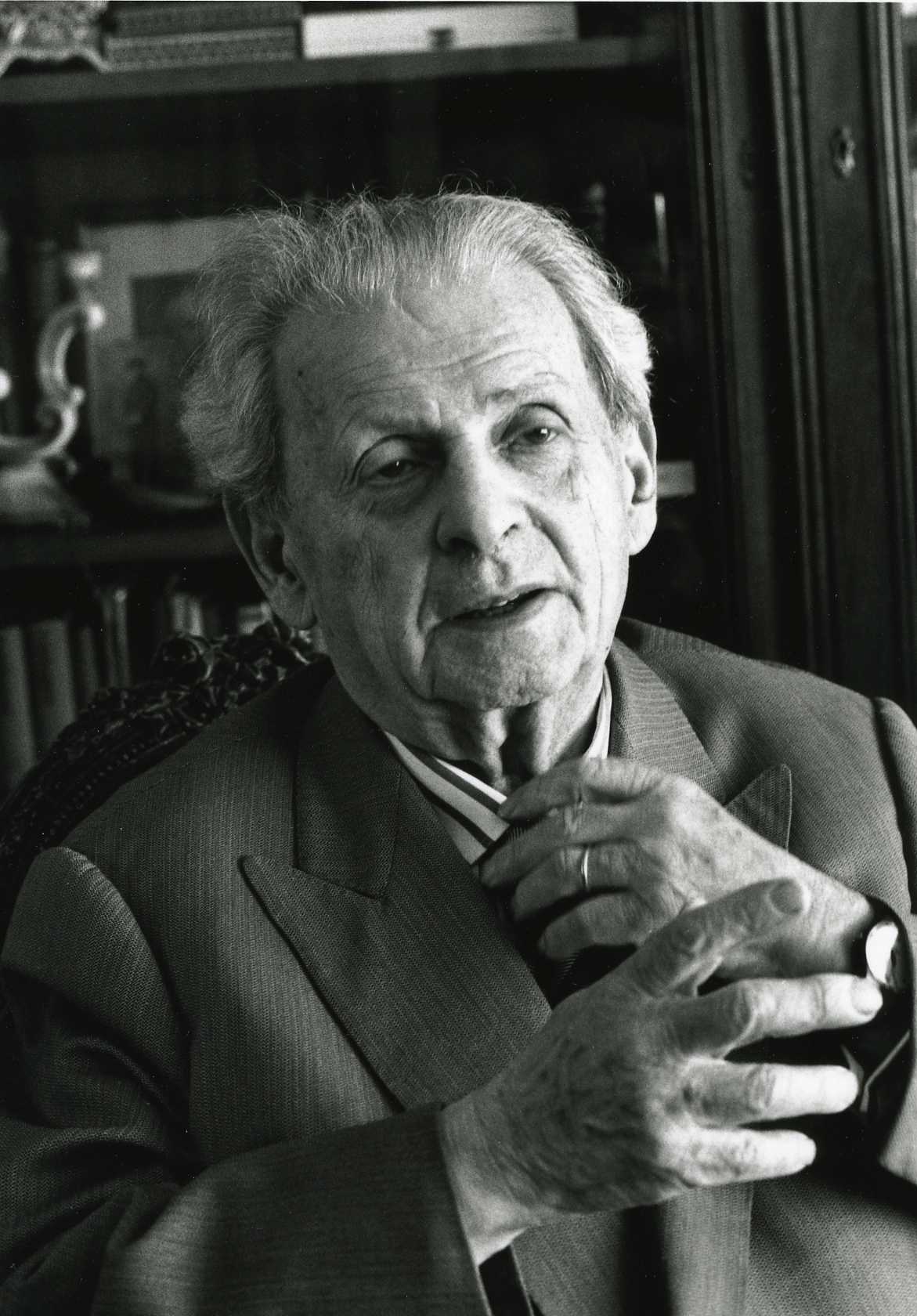

I was left a little puzzled by Butler’s lecture last Monday evening. The bulk of the lecture was devoted to a deconstruction of Levinas’s and Arendt’s ethical approaches to alterity. The first is a radical prioritization of the other, the latter little more than an insistence on the other’s right to life. Although I strongly advocate reinforcing the fact that genocide is unacceptable whenever possible, it wasn’t quite what I was hoping for. Butler’s decision to read these authors against themselves in order to arrive at a more rigorous ethical position — one free of their respective inconsistencies — is a legitimate, even interesting exercise, but perhaps a deconstruction of more recent attacks on such ethical positions would have been useful. Her argument rested on a lot of assumptions that don’t seem to be shared by Certain Important People, including, for example, the Republican presidential candidates, so to formulate an argument that’s politically legible right now we need to stake out the legitimacy of these assumptions.
I think Levinas might be a problem (none of the presidential candidates are openly advocating genocide…yet). His ethics of alterity is both brilliant and beautiful, but it hasn’t gone unchallenged. The most popular opposition may just be Ayn Rand, with her articulation of Objectivism. But it’s important to realize that Rand’s “rational self-interest” actually incorporates a quasi-Levinasian ethics in a kind of beautiful Hegelian synthesis. It perversely posits itself as an ethics of alterity: we can’t tax the wealthy because the fate of the entire economy, for both poor and rich, depends on their continued, undiminished acquisition of wealth. This veneer of Levinasian obligation to the other scratches off pretty easily, but it’s just tricky enough to keep people talking in loops, and to shift the terms of the debate away from truly ethical possibilities. Lisa Duggan’s work on neoliberalism pretty much consists of exposing precisely such rhetorical strategies for what they are, and I’m surprised the Duggan’s work wasn’t referenced in any of Butler’s lectures (at least in any way that I could perceive).
The fact that people are capable of refusing this ethical obligation suggests we need to look elsewhere for the tactics that would allow us to come to terms with the unchosen coalitions that Butler is investigating. I think maybe what I’m trying to suggest is that these unchosen alliances present us with a kind of post-ethical problem.